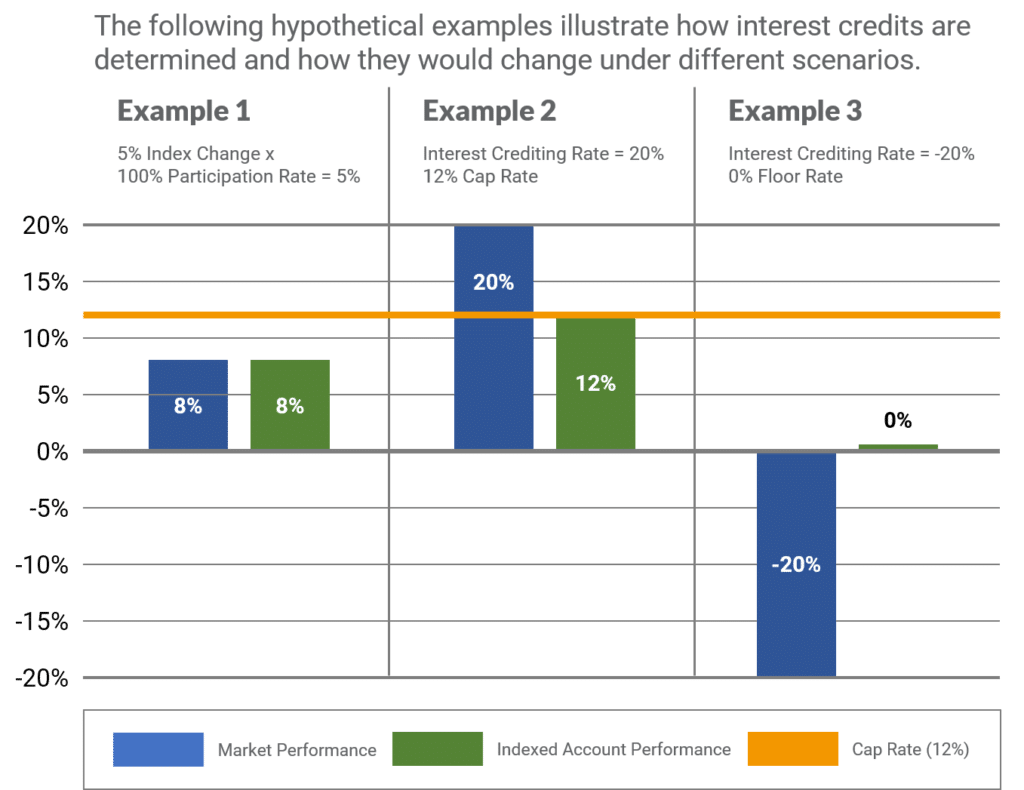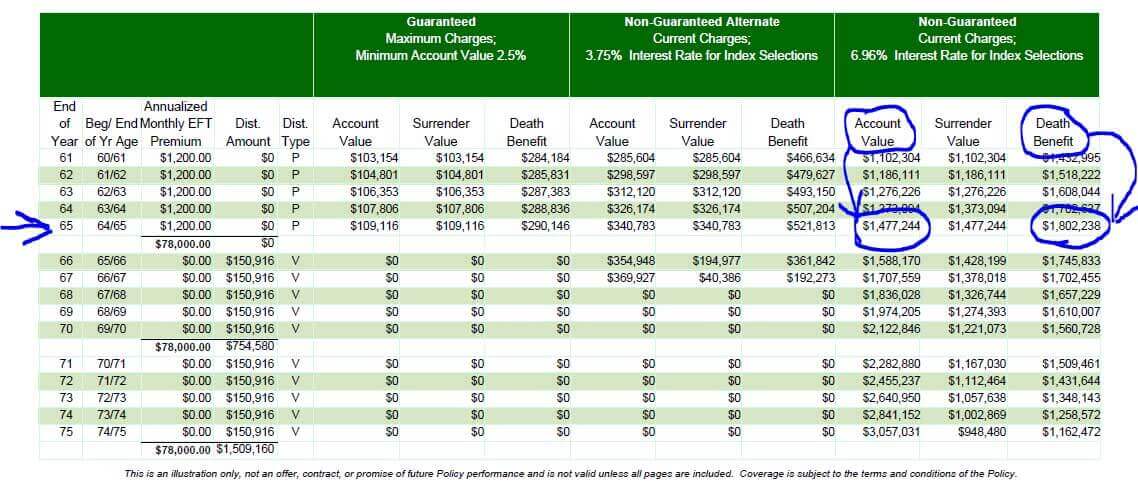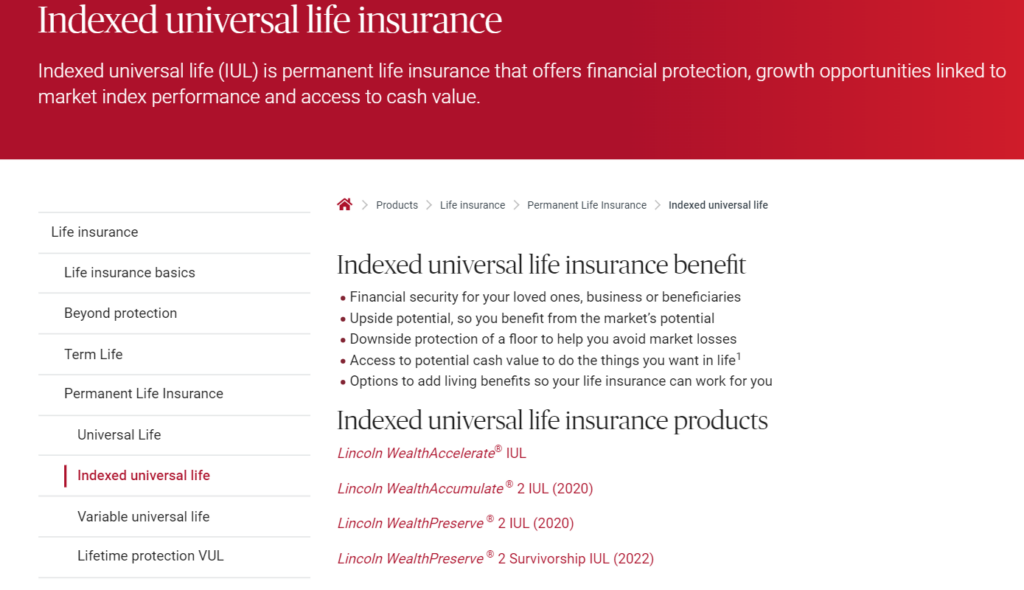All Categories
Featured
Table of Contents
Do they contrast the IUL to something like the Vanguard Total Supply Market Fund Admiral Shares with no tons, a cost proportion (EMERGENCY ROOM) of 5 basis factors, a turn over proportion of 4.3%, and an extraordinary tax-efficient document of distributions? No, they contrast it to some terrible proactively managed fund with an 8% load, a 2% EMERGENCY ROOM, an 80% turnover proportion, and an awful document of short-term funding gain distributions.
Common funds usually make yearly taxable distributions to fund proprietors, even when the value of their fund has actually dropped in worth. Mutual funds not only call for revenue reporting (and the resulting yearly tax) when the common fund is going up in worth, however can likewise enforce income tax obligations in a year when the fund has actually dropped in worth.
That's not how common funds function. You can tax-manage the fund, collecting losses and gains in order to minimize taxable circulations to the capitalists, yet that isn't somehow mosting likely to transform the reported return of the fund. Just Bernie Madoff types can do that. IULs prevent myriad tax catches. The ownership of common funds may call for the common fund proprietor to pay projected tax obligations.

IULs are simple to place to make sure that, at the owner's fatality, the beneficiary is exempt to either income or estate taxes. The exact same tax obligation reduction methods do not work almost too with common funds. There are countless, commonly costly, tax obligation traps connected with the moment buying and marketing of mutual fund shares, traps that do not put on indexed life Insurance.
Possibilities aren't really high that you're mosting likely to be subject to the AMT due to your shared fund distributions if you aren't without them. The rest of this one is half-truths at ideal. While it is true that there is no earnings tax obligation due to your beneficiaries when they inherit the profits of your IUL policy, it is likewise true that there is no revenue tax obligation due to your heirs when they acquire a shared fund in a taxed account from you.
New York Life Indexed Universal Life Insurance
There are far better methods to avoid estate tax issues than purchasing investments with reduced returns. Mutual funds might create earnings tax of Social Safety and security advantages.

The growth within the IUL is tax-deferred and may be taken as free of tax earnings by means of car loans. The plan owner (vs. the common fund manager) is in control of his or her reportable revenue, therefore allowing them to minimize and even eliminate the taxation of their Social Protection advantages. This set is terrific.
Here's an additional minimal issue. It holds true if you purchase a mutual fund for say $10 per share prior to the distribution date, and it distributes a $0.50 distribution, you are then going to owe tax obligations (most likely 7-10 cents per share) regardless of the reality that you have not yet had any type of gains.
Yet in the end, it's really about the after-tax return, not how much you pay in taxes. You are going to pay more in taxes by utilizing a taxable account than if you purchase life insurance policy. You're also most likely going to have more money after paying those tax obligations. The record-keeping needs for owning common funds are significantly much more complicated.
With an IUL, one's documents are maintained by the insurer, duplicates of annual declarations are sent by mail to the owner, and distributions (if any) are totaled and reported at year end. This set is additionally type of silly. Certainly you need to maintain your tax obligation records in situation of an audit.
Universal Life Insurance Policy Quotes
Barely a factor to buy life insurance policy. Mutual funds are generally part of a decedent's probated estate.
Furthermore, they are subject to the delays and expenditures of probate. The proceeds of the IUL plan, on the various other hand, is constantly a non-probate circulation that passes beyond probate directly to one's called recipients, and is therefore exempt to one's posthumous lenders, undesirable public disclosure, or similar delays and prices.
Medicaid disqualification and lifetime earnings. An IUL can give their owners with a stream of earnings for their entire lifetime, regardless of just how long they live.

This is advantageous when arranging one's events, and transforming possessions to earnings prior to a nursing home arrest. Shared funds can not be transformed in a similar way, and are generally thought about countable Medicaid assets. This is one more foolish one promoting that bad individuals (you understand, the ones that require Medicaid, a government program for the bad, to spend for their retirement home) must make use of IUL instead of mutual funds.
Aig Index Universal Life Insurance
And life insurance coverage looks awful when contrasted fairly against a retired life account. Second, individuals who have cash to acquire IUL above and beyond their retirement accounts are mosting likely to have to be horrible at managing money in order to ever get approved for Medicaid to spend for their assisted living facility costs.
Persistent and incurable illness motorcyclist. All plans will certainly permit a proprietor's simple accessibility to cash from their policy, commonly forgoing any type of abandonment charges when such people endure a severe health problem, require at-home care, or come to be confined to an assisted living facility. Mutual funds do not supply a similar waiver when contingent deferred sales costs still put on a mutual fund account whose owner needs to market some shares to fund the prices of such a stay.
What Is Indexed Whole Life Insurance
Yet you obtain to pay more for that benefit (motorcyclist) with an insurance coverage policy. What a great offer! Indexed universal life insurance coverage offers fatality benefits to the recipients of the IUL proprietors, and neither the proprietor neither the beneficiary can ever shed money as a result of a down market. Common funds offer no such warranties or survivor benefit of any kind.
Now, ask on your own, do you really require or desire a survivor benefit? I definitely don't require one after I reach economic self-reliance. Do I want one? I mean if it were economical enough. Certainly, it isn't affordable. Typically, a buyer of life insurance pays for the true price of the life insurance policy benefit, plus the prices of the plan, plus the revenues of the insurance provider.
Index Universal Life Insurance With Long Term Care
I'm not entirely certain why Mr. Morais included the whole "you can't shed money" again right here as it was covered rather well in # 1. He just wished to duplicate the most effective marketing factor for these points I intend. Once again, you do not lose nominal bucks, but you can lose actual bucks, along with face significant chance price because of reduced returns.

An indexed universal life insurance policy plan owner might trade their policy for an entirely different plan without setting off income taxes. A common fund owner can stagnate funds from one shared fund business to an additional without marketing his shares at the former (thus setting off a taxable event), and buying brand-new shares at the latter, frequently subject to sales fees at both.
While it is real that you can trade one insurance plan for one more, the reason that people do this is that the very first one is such a dreadful plan that also after purchasing a brand-new one and undergoing the very early, negative return years, you'll still appear ahead. If they were marketed the best policy the very first time, they should not have any type of wish to ever before exchange it and experience the very early, negative return years again.
Latest Posts
North American Universal Life Insurance
Best Universal Life Insurance
Variable Universal Life Insurance Quotes